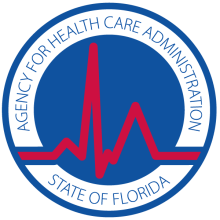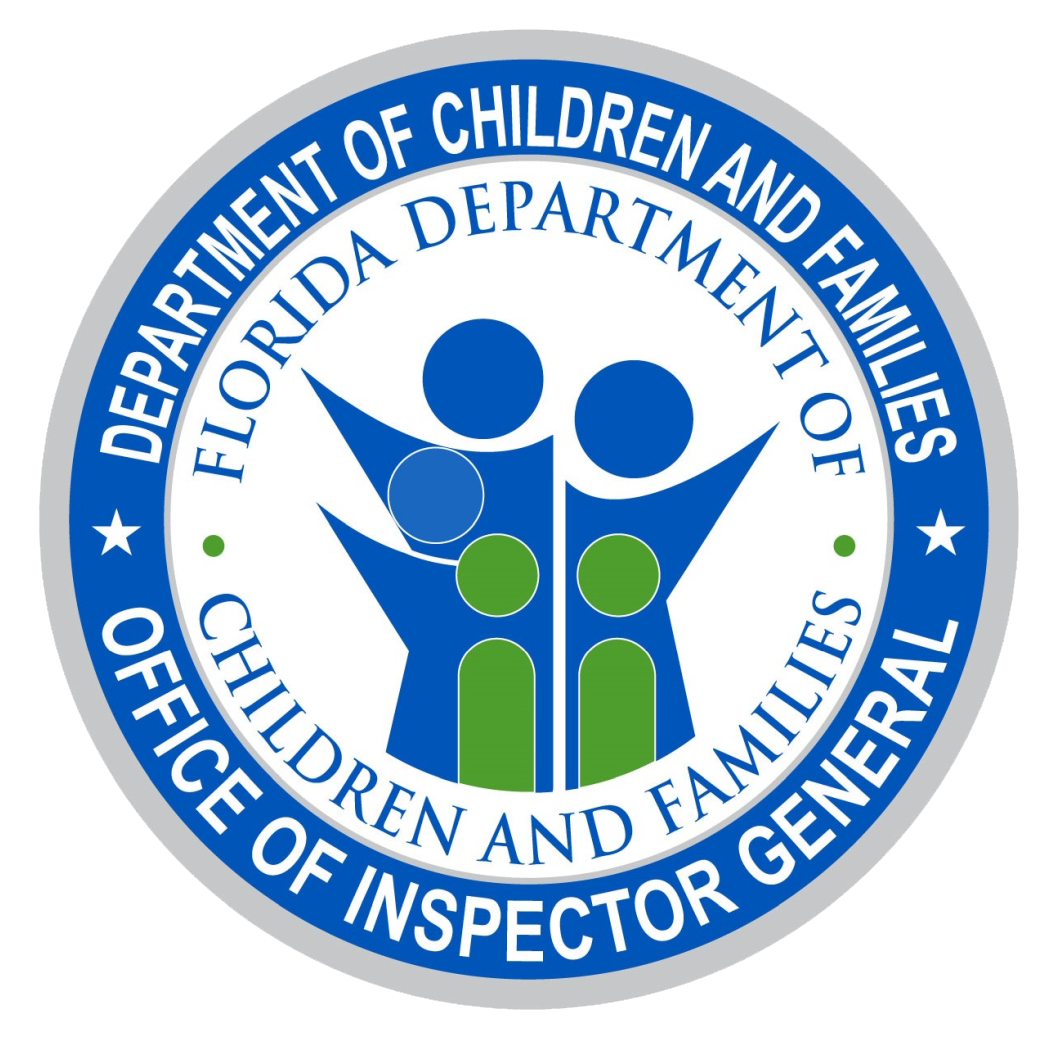Borderline Personality Disorder and Addiction Recovery
At Principles Recovery, we work to support all who come to us looking for relief from a dual diagnosis. Addiction is a complex disease that affects a person and everyone close to them. It’s important to incorporate treatment for any mental condition they may have to ensure lasting recovery.
Borderline Personality Disorder and addiction can make for a contentious pairing. People with this combination may harbor fear about not being able to maintain their wellness routine, or may need extra support not to relapse. It’s important to come up with a comprehensive relapse prevention plan to support a person with Bipolar Personality Disorder who is suffering from addiction.

What is Borderline Personality Disorder?
Borderline Personality Disorder (BPD) is a complex mental health condition that significantly impacts an individual’s ability to manage their emotions, maintain stable relationships, and form a consistent self-image. Affecting millions of people worldwide, BPD is characterized by emotional instability, impulsive behaviors, and intense, often tumultuous relationships. Individuals with BPD often struggle with low self-esteem and intense episodes of anger, depression, and anxiety, which can last from a few hours to several days. This emotional volatility often leads to impulsive actions and unstable relationships.
Symptoms of Borderline Personality Disorder
Some of the common symptoms of BPD include:
Individuals often have a deep-rooted and intense fear of being abandoned, rejected or left alone by those close to them, which may lead to frantic efforts to avoid real or imagined separation.
Individuals with BPD may struggle to maintain stable relationships due to their emotional volatility and fear of abandonment. They may alternate between idealizing and devaluing their loved ones. This leads to patterns of intense, chaotic relationships characterized by extreme closeness and sudden detachment.
People with BPD can experience extreme shifts in their mood, going from intense highs to lows within a short period. These mood swings can be triggered by seemingly insignificant events. Frequent mood swings, intense emotional responses, and difficulty returning to a baseline emotional state can occur with individuals with borderline personality disorder.
Individuals with BPD often engage in impulsive actions such as overspending, substance abuse, reckless driving, binge eating, or self-harm as a way to cope with intense emotions.
Individuals often have chronic feelings of emptiness, identity disturbances, and a distorted sense of self-worth.
individuals with BPD may struggle with intense, uncontrollable anger that can lead to outbursts or physical altercations.
Individuals with BPD might engage in self-injurious behaviors, or experience suicidal thoughts or actions.

Request a Confidential
Callback 24/7
OVERCOME SYMPTOMS
DETOXIFICATION
Many individuals have wondered how patients handle early recovery since it requires them to abruptly stop consuming alcohol or drugs. Don’t they experience withdrawal? Actually, the vast majority of individuals don’t experience withdrawal during treatment because they overcome those symptoms during detoxification.
In short, detoxification often comes as the first phase of a patient’s treatment plan and consists of an initial period during which to concentrate on overcoming the physical aspects of drug addiction. Usually, under the supervision of physicians, nurses, and detox techs, individuals in detox treatment receive the support and care needed to mitigate withdrawal as much as possible, minimizing the discomfort that’s often associated with abruptly ceasing substance abuse.
Causes of Borderline Personality Disorder
The exact causes of Borderline Personality Disorder are not fully understood, but a combination of genetic, environmental, and social factors are believed to contribute to its development:
- Genetics: There is evidence to suggest that BPD can run in families, indicating a possible genetic predisposition.
- Brain Structure and Function: Some studies have shown abnormalities in the brain areas that control emotions and impulse regulation in individuals with BPD.
- Environmental Factors: Traumatic life events, such as abuse, neglect, or separation from caregivers during childhood, can increase the risk of developing BPD.
- Social Factors: Dysfunctional family environments and poor parenting may also contribute to the onset of BPD.

How Borderline Personality Disorder and Addiction Interact
There is a strong connection between BPD and addiction. BPD and addiction often co-occur, meaning they can present together in an individual.
There are several reasons why BPD and addiction go hand in hand:
- Self-medication: Individuals with BPD may turn to substances as a way to cope with their intense emotions and mood swings.
- Impulsivity: People with BPD often have impulsive behaviors, which can lead them to engage in risky activities such as substance abuse without considering the consequences.
- Trauma: Many individuals with BPD have a history of trauma, which can increase their risk of developing addiction as a coping mechanism.
What is the Role of Trauma in BPD and Addiction?
Trauma plays a significant role in the development of both borderline personality disorder (BPD) and addiction. Many people turn to drugs or alcohol as a way to cope with traumatic experiences and numb difficult emotions. Therefore, addressing past traumas through therapy and finding healthier coping mechanisms is crucial for managing both BPD and addiction. Here are ways trauma can play a role in BPD and addiction:
Prolonged and repeated traumas, especially in early life, can lead to a chronic inability to modulate emotions, which is a core feature of BPD. This includes physical, sexual, or emotional abuse, abandonment, and childhood adversity.
Trauma can fundamentally alter one’s perception of safety and trust, leading to emotional dysregulation. This emotional instability is a hallmark of BPD and can drive individuals towards maladaptive coping mechanisms, such as substance abuse.
Individuals with BPD may turn to substances as a way to self-medicate and manage their intense emotions and trauma-related symptoms. This can lead to the development of addiction.
Research suggests that emotional abuse and neglect in childhood have a significant impact on addictive behaviors, particularly in adolescents with BPD. Substance use disorders and BPD often co-occur, with trauma being a common underlying factor. We offer dual diagnosis treatment for those struggling with co-occurring substance abuse and mental health disorders.
Adverse childhood experiences can lead to a range of disorders, including complex PTSD, depression, and BPD. The interplay between these conditions and trauma is complex and multifaceted. Understanding the role of trauma in BPD and addiction is crucial for developing effective treatment strategies for dual diagnosis that address the root causes and provide comprehensive care.
How Does Addiction Hamper Healing from BPD?
Addiction can significantly hamper the healing process from borderline personality disorder (BPD) in several ways:
- Emotional Dysregulation: BPD is characterized by intense emotional instability. Substance abuse can exacerbate these emotional swings, making it harder for individuals to manage their emotions effectively.
- Impaired Judgment: Addiction often impairs judgment and decision-making, leading to behaviors that can worsen BPD symptoms, such as impulsivity and self-harm.
- Interference with Treatment: Substance abuse can interfere with the effectiveness of therapeutic interventions for BPD, such as dialectical behavior therapy (DBT). It can also lead to missed appointments and non-compliance with treatment plans.
- Increased Risk of Co-occurring Disorders: Addiction can increase the risk of developing other mental health issues, complicating the treatment of BPD.
- Social and Interpersonal Issues: Both BPD and addiction can strain relationships, leading to social isolation and further emotional distress.
- Physical Health Consequences: Substance abuse can lead to physical health problems, which can add additional stress and complicate the overall healing process.
Signs of Addiction that Stand Out in Individuals with BPD
Borderline personality disorder (BPD) and addiction can often be interconnected. People with BPD may be more prone to substance abuse and other addictive behaviors as a way to cope with their intense emotions and impulsivity. Here are some signs of addiction that might stand out in individuals with BPD:
- Impulsivity: Engaging in risky behaviors, including substance abuse, without considering the consequences.
- Emotional Instability: Using substances to manage or escape from intense emotional pain or mood swings.
- Fear of Abandonment: Turning to addictive behaviors to cope with feelings of loneliness or fear of being abandoned.
- Self-Harm: Substance abuse might be a form of self-harm or a way to numb emotional pain.
- Unstable Relationships: Addiction can exacerbate the already unstable relationships common in BPD.


WE’VE GOT
YOU COVERED!
Insurance coverage for treatment is within reach. We are in-network with most insurance carriers in Florida.
Coping with BPD
Effective coping strategies are essential for managing BPD:
- Therapeutic Techniques: Skills learned in therapy, such as emotional regulation and mindfulness, can help manage intense emotions.
- Healthy Relationships: Building and maintaining healthy, supportive relationships with family, friends, and peers can work wonders in individuals struggling with BPD.
- Self-Care: Prioritizing physical health, engaging in hobbies, and practicing self-compassion can go a long way with BPD.
Treatment Options for BPD
While BPD can be challenging to treat, a combination of therapies and medications can help manage symptoms and improve quality of life:
- Medications: Although no medications are specifically approved for BPD, antidepressants, mood stabilizers, and antipsychotic medications can help alleviate some symptoms.
- Support Groups: Group therapy and support groups provide a sense of community and shared experiences, which can be beneficial for individuals with BPD.
- Lifestyle Changes: Stress management techniques, regular exercise, and healthy eating habits can also support overall well-being.
Receive Holistic Dual Diagnosis Treatment at Principles Recovery Center
At Principles Recovery Center, we understand the complex interplay between trauma, BPD, and addiction. That’s why our treatment approach is based on addressing all underlying issues to promote lasting recovery. Our dual diagnosis program combines evidence-based therapies with a focus on trauma-informed care to help individuals heal from their past and develop healthy coping strategies for the future.
By recognizing the symptoms, understanding the causes, and seeking appropriate treatment, individuals with BPD can lead fulfilling lives. If you or someone you know is struggling with BPD, contact us today as your crucial first step toward healing and recovery.
CREDENTIAL HIGHLIGHTS



